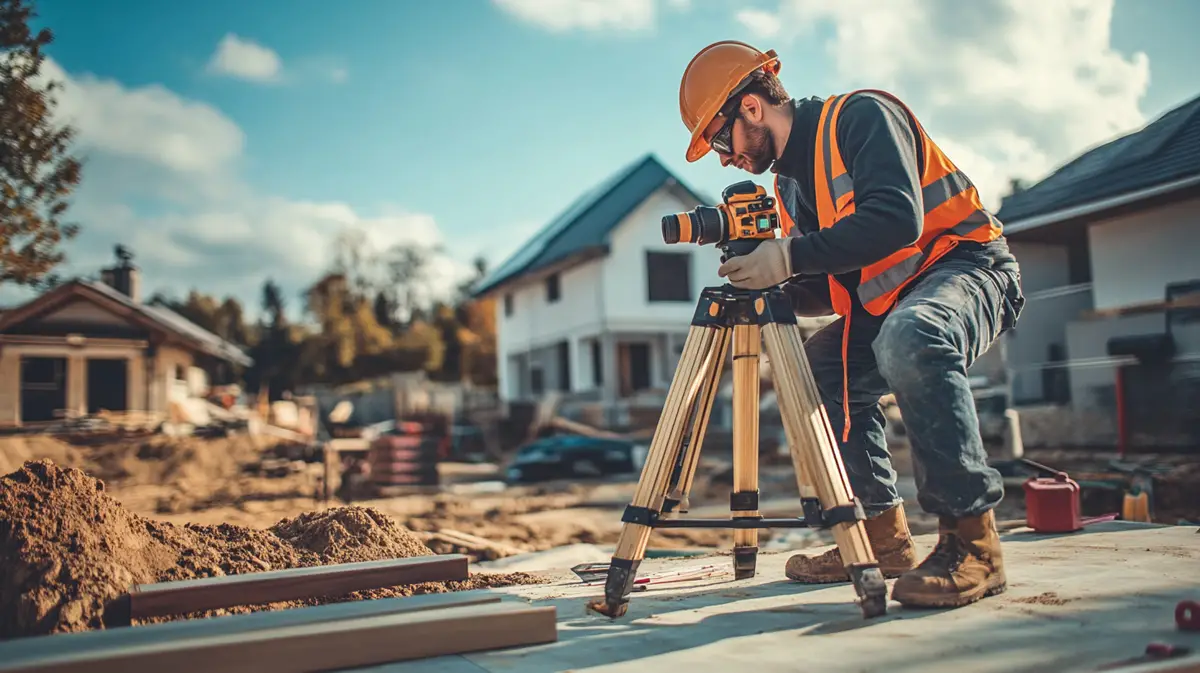What To Look Out For When Buying A House

When it comes to buying a house, excitement often mingles with apprehension. From selecting a property that feels right to ensuring you’re not missing any crucial details, it’s important to approach this big decision with a checklist in mind. Here’s what you need to look out for to make a smart and secure purchase.
Assess the Location
Location is the cornerstone of any property purchase. It impacts not only your quality of life but also the future value of the home. Consider factors like proximity to work, schools, public transport, and essential amenities. Research neighbourhoods, check crime rates, and talk to locals to understand the area’s vibe. A location that suits your lifestyle now and can adapt to future changes is essential for long-term satisfaction.
Legal Aspects and Ownership
Before signing on the dotted line, it’s essential to have a clear understanding of the legal aspects tied to the property. Verify the ownership status and check for any restrictions or covenants. It’s also wise to investigate the planning history, especially if you’re considering renovations. Here, enlisting local conveyancing experts can be invaluable. They handle crucial checks, making sure there are no hidden issues, such as disputes over boundaries, which could surface later.
Property Condition and Structure
Inspect the physical condition of the property thoroughly. Look beyond aesthetics—cosmetic improvements can mask underlying issues. Common areas to examine include the roof, foundation, plumbing, and electrical systems. Look for signs of dampness, mould, or cracks in the walls, which may indicate structural problems. Hiring a surveyor for a professional inspection can help you catch issues early, avoiding unexpected repair costs down the line.
Budget and Financing
Determining your budget isn’t just about what you can afford right now; it’s about planning for the future too. While mortgage offers can seem tempting, it’s wise to factor in additional costs like stamp duty, solicitors’ fees, and moving expenses. Make sure the monthly mortgage payments align with your finances to avoid strain. Lenders will assess your creditworthiness, so ensure your credit score is healthy to secure favourable terms.
Future Potential
Consider not just the current state of the property but also its future potential. Can it be expanded to suit a growing family, or might it require costly upgrades in a few years? Properties with scope for enhancement, such as those that offer room for a loft conversion or have a spacious garden, may increase in value over time, allowing you to grow within the same space.
Energy Efficiency and Utility Costs
With energy costs on the rise, an energy-efficient home is more important than ever. Check the property’s EPC (Energy Performance Certificate) rating, which ranges from A (most efficient) to G (least efficient). Higher-rated homes typically have lower energy bills and are better for the environment. Consider factors such as insulation, double glazing, and renewable energy options like solar panels. These can significantly impact monthly outgoings and help reduce long-term expenses.
Closing Thoughts
Buying a home is one of life’s major milestones, filled with excitement and, at times, a bit of stress. Taking time to consider these essential factors—from the structure and location to future potential—ensures you’re making a choice you’ll appreciate for years to come. By paying attention to these details now, you can step into your new home confidently and without regrets.










